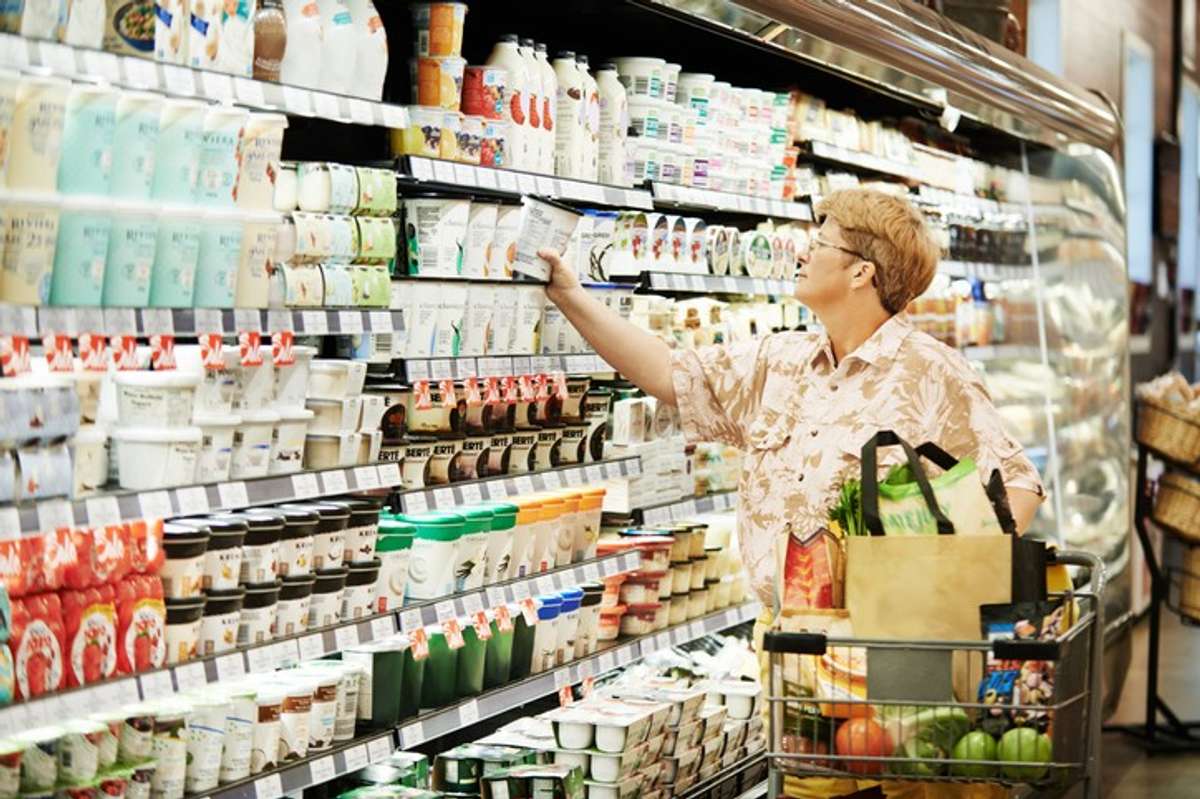Food sales edged up in the three months to November as more shoppers plan to increase spending this Christmas, shows industry data released today (3).
According to the British Retail Consortium (BRC), the industry lobby group, and KPMG, the consultancy, retail sales slid by 3.3 per cent last month, down from growth of 0.6 per cent in October.
Food sales increased 2.4 per cent year on year over the three months to November, against a growth of 7.6 per cent in November 2023. This is below the 12-month average growth of 3.7 per cent. For the month of November, Food was in growth year-on-year.
Commenting on the figures, Helen Dickinson, Chief Executive at the British Retail Consortium, said, “While it was undoubtedly a bad start to the festive season, the poor spending figures were primarily down to the movement of Black Friday into the December figures this year.
"Even so, low consumer confidence and rising energy bills have clearly dented non-food spending. Spending on fashion was particularly weak as households delayed purchases of new winter clothing, while health spending was boosted by the season’s arrival of coughs and colds.
“Retailers will be hoping that seasonal spending is delayed not diminished and that customers get spending in the remaining weeks running up to Christmas. If not, retailers will be feeling the squeeze from both sides as reduced revenues are met with huge additional costs next year.
"The Budget, as well as the introduction of new packaging levies, will cost retailers over £7 billion extra next year. How effectively the government works the industry to mitigate these costs will determine the extent of price rises and job losses in the future.”
Commenting on food and drink sector, Sarah Bradbury, CEO, IGD, said, “Post-October Budget, shoppers have likely noticed the media reaction from businesses, but this hasn’t significantly shifted their behaviour.
"November’s grocery market performance shows year-on-year growth in both value and volume. IGD’s latest research highlights signs of festive cheer, with 5 per cent more shoppers than last year (41 per cent vs 36 per cent in 2023) planning to spend what they want this Christmas.
"However, despite this uplift, it's unlikely to be a bumper Christmas for all, as many remain focused on budgeting. The festive optimism is there, but the underlying caution means spending will still be influenced by economic pressures, especially on out-of-home activities.”
Linda Ellett, UK Head of Consumer, Retail & Leisure, KPMG, said, “Along with the cold snap at the end of the month, retail sales also went into minus numbers for November.
“An upturn in health product buying also signalled that the winter months had arrived and, along with food and drink, was one of very few categories to see in-store or online sales growth.
“While the majority of November’s data tells a disappointing tale for the retail sector, this reporting didn’t include Black Friday week, so the hope for retailers is that consumers were being savvy shoppers and that the promotional push in the last days of the month saw held-back consumer spend materialise and mitigate what is otherwise a disappointing month. If not, then we may see some retailers launching Christmas sales early.”





